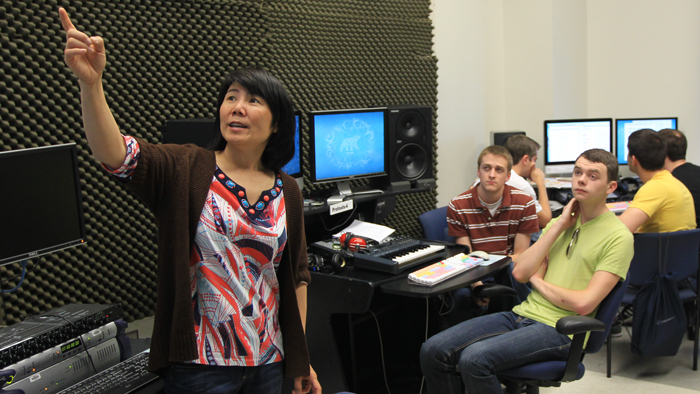Mentoring Qualifications and Guidelines
Faculty members who serve as mentors to graduate students have the unique opportunity to aid in a student’s professional development and to optimize their education by sharing their knowledge, skills and experiences.
Time requirements
The amount of time that you spend with a student as a mentor will vary by the student and project. All students will need at least an occasional formal meeting to keep current on their progress.
Over time, an effective mentoring relationship evolves to accommodate student needs, including changes in the time and type of attention a mentor devotes to a student.
Qualifications of an effective mentor
- Adequate expertise in the student’s area of study or the willingness to become familiar with the literature.
- Willingness to devote time and energy to advisees above and beyond normal faculty responsibilities.
- Approachable and accessible.
Characteristics of a good mentoring relationship
- Mutual respect, honesty, confidence, and acceptance.
- A common goal of advancing the educational, personal, and professional growth of the student.
- Maintain objectivity in grading and evaluation as relationships develop. Consult with your academic unit leader or other colleagues if questions arise.
Benefits of investing in mentorship
- Recruit outstanding students: Good mentors are able to attract students who will produce quality research, papers, and grant proposals.
- Keep current: By investing in students, you stay on top of what is going on in your field.
- Network: Making contacts for students will strengthen your own professional network.
- Extend academic contribution: Students will continue to contribute to academic work even when the mentor relationship dissolves.
- Develop future colleagues.
Characteristics of good mentoring practice
- Listen to understand the student’s ideas and challenges, and to open up clear lines of communication.
- Support the student meeting with multiple mentors to learn from a variety of perspectives and personalities.
- Contact the office of research administration to ensure all appropriate policies and procedures are followed, including the IRB approval process.
- Alert students to issues in academic integrity.
- Assist with obtaining resources, such as lab space, grant funding, funding for thesis support, and conferences.
- Promote the use of appropriate formatting and writing style in the production of all scholarly documents. Check for accuracy in spelling, grammar, and punctuation.
- Support professional development and the building of a network of colleagues by sharing professional contacts and connecting students with key conferences in their discipline.
- Encourage conference and workshop attendance.
- Promote classes that will expand the student’s knowledge base, even if the class is not on a required list.
- Avoid abuse of power problems such as not giving adequate credit for students’ research or assigning work that does not have significant educational value.
- Be careful to not criticize excessively or display indifference to a student’s concerns or questions.

